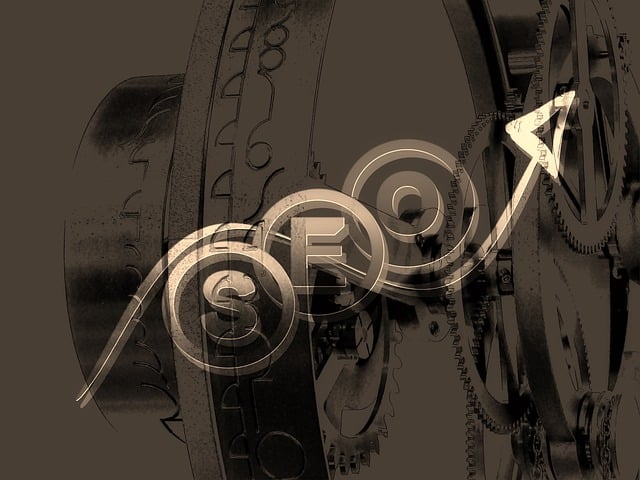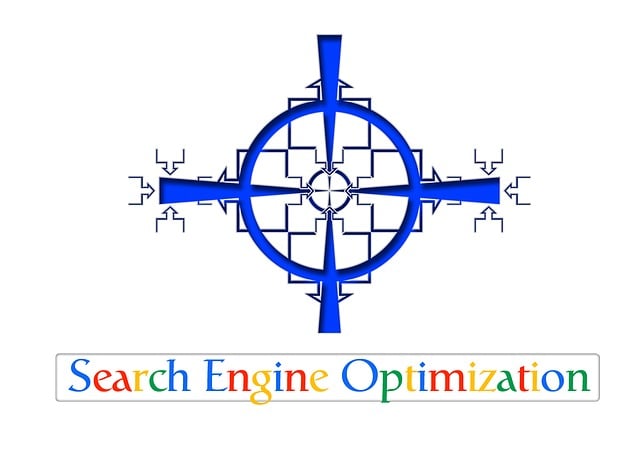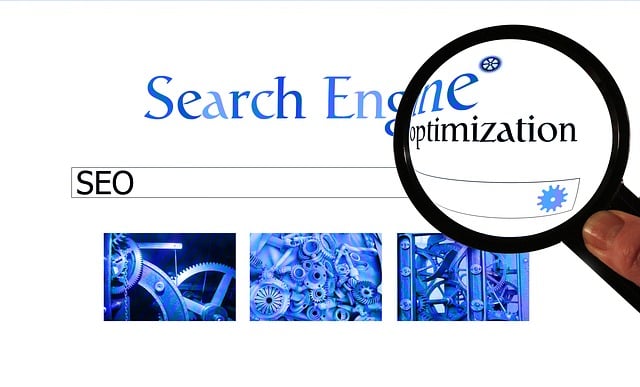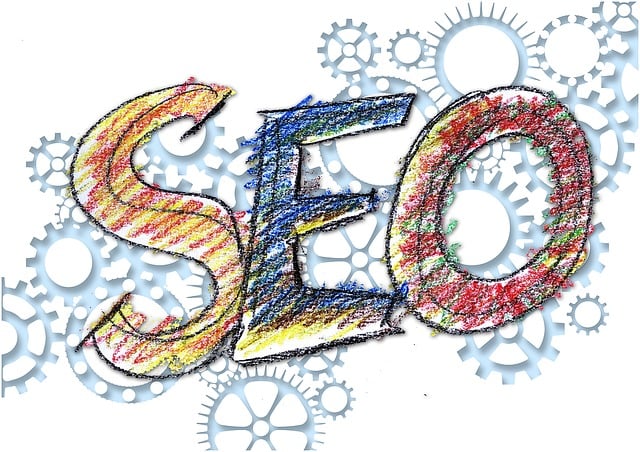E-commerce website optimization is crucial for driving sales and enhancing customer experiences in today's digital landscape. SEO agencies specializing in e-commerce offer tailored solutions, including keyword research, on-page optimization, mobile optimization (for increased mobile shopping), and technical enhancements like secure connections (HTTPS). A robust strategy includes keyword optimization, on-page optimizations like fast loading times and structured data markup, and off-page strategies such as high-quality backlinks from reputable sources. Mobile optimization is critical, with a focus on responsive design, streamlined navigation, and quick product page loads to cater to mobile users. User Experience (UX) design considerations are also vital for driving conversions and fostering loyalty. Advanced analytics tools help optimize based on user behavior insights, ensuring growth and addressing trends in the dynamic online market. An SEO Agency for E-commerce Websites plays a pivotal role in implementing these strategies for enhanced performance and visibility.
In today’s digital era, an optimized e-commerce website is crucial for driving sales and outpacing competitors. This comprehensive guide explores the essential elements of e-commerce website optimization, with a special focus on the role of SEO agencies. We’ll delve into key strategies such as on-page and off-page SEO techniques, mobile optimization, UX design, and performance tracking using analytics tools. Understanding these components can transform your online store, attracting more customers and boosting conversions with the help of a skilled SEO agency for e-commerce websites.
Understanding E-commerce Website Optimization: The Role of SEO Agencies

E-commerce website optimization is a strategic process aimed at enhancing online retail platforms to drive sales and improve customer experiences. It involves various components, from user interface design and content creation to technical enhancements and marketing strategies. In this digital landscape, where competition is fierce, an SEO agency specializing in e-commerce websites plays a pivotal role. These agencies bring a wealth of expertise and resources to bear on optimizing online stores, ensuring they not only appear at the top of search engine results pages but also deliver a seamless and engaging user experience.
SEO agencies for e-commerce websites offer tailored solutions that address unique challenges. They conduct in-depth keyword research to identify high-value terms driving potential customers to competitors. Through on-page optimization, they enhance product listings, category pages, and the overall site architecture to improve search visibility and click-through rates. Additionally, these agencies leverage their technical proficiency to implement essential practices like mobile optimization, fast loading times, and secure connections (HTTPS), which are crucial for retaining visitors and boosting conversion rates.
Key Components for a Successful E-commerce SEO Strategy

A successful e-commerce SEO strategy hinges on several key components. Firstly, comprehensive keyword research is essential to identify products and services your target audience is actively searching for. This involves using tools like Google Keyword Planner or SEMrush to uncover relevant keywords with significant search volume and low competition. Once identified, these keywords should be strategically integrated into your website’s content, including product descriptions, titles, meta tags, and URLs.
Secondly, optimizing your e-commerce website for mobile devices is paramount. With the majority of online shopping happening on smartphones and tablets, a responsive design ensures your site seamlessly adapts to different screen sizes, providing a seamless user experience. Additionally, fast loading times, high-quality visuals, and intuitive navigation contribute to better engagement and lower bounce rates. An SEO Agency for E-commerce Websites can play a pivotal role in implementing these optimizations, ensuring your site is not just visible but also user-friendly.
On-Page Optimization Techniques to Boost E-commerce Rankings

E-commerce websites can significantly enhance their online visibility and drive more organic traffic by implementing effective on-page optimization techniques. These strategies are crucial for any SEO agency working with e-commerce platforms, as they directly impact a site’s search engine rankings. One of the primary focuses should be keyword optimization, where relevant keywords and phrases are strategically placed in titles, headings, meta descriptions, and product content. This ensures that search engines understand the website’s purpose and relevance to user queries.
Additionally, optimizing product images by adding alt tags and ensuring fast page loading times are essential practices. Alt tags provide a description of visuals, improving accessibility and giving search engines valuable context. Fast-loading pages enhance user experience and reduce bounce rates, which are favored by search algorithms. Other techniques include implementing structured data markup to help search engines better understand product information, as well as optimizing URL structures for clarity and keyword relevance.
Off-Page Optimization: Building Quality Backlinks for E-commerce Websites

Off-page optimization is a powerful strategy for e-commerce websites to boost their online visibility and search engine rankings. One of the key components is building quality backlinks, which act as votes of confidence from other reputable websites. An SEO agency for e-commerce websites can help identify relevant and high-authority sites in your niche to secure these valuable backlinks. By creating engaging content that naturally attracts links, such as informative blog posts, infographics, or case studies, businesses can establish themselves as thought leaders. This not only increases organic traffic but also signals search engines that the website is a reliable source of information.
A well-planned backlinking strategy ensures that the links are from diverse and relevant sources, including industry blogs, influential forums, and reputable news outlets. This diversity helps to create a strong and stable link profile, which is a crucial factor in Google’s ranking algorithms. An SEO agency can assist in securing backlinks from high-quality sites, improving the overall authority of the e-commerce website and driving more qualified traffic.
Mobile Optimization: Ensuring a Seamless Shopping Experience on Smartphones

In today’s digital era, mobile optimization is no longer an option but a necessity for any successful e-commerce website. With an increasing number of users shopping via smartphones, ensuring a seamless and user-friendly experience on smaller screens is crucial. An SEO agency for e-commerce websites should focus on optimizing site speed, making navigation intuitive, and ensuring product pages load promptly to cater to this mobile audience. Responsive design techniques, such as flexible layouts and optimized images, play a vital role in achieving this goal.
A well-optimized mobile experience not only enhances user satisfaction but also boosts SEO rankings. Search engines prioritize websites that provide a positive mobile shopping journey, making it essential for e-commerce businesses to invest in mobile-first strategies. This includes simplifying checkout processes, ensuring secure transactions, and implementing features like mobile-specific calls to action (CTAs) to drive conversions. By focusing on these aspects, an SEO agency can help e-commerce clients attract and retain a larger mobile customer base.
User Experience (UX) Design Considerations for E-commerce Success

A seamless and intuitive User Experience (UX) is paramount for e-commerce success, driving conversions and fostering customer loyalty. An SEO agency specializing in e-commerce websites understands this and incorporates UX design considerations into their strategies. Key aspects include a clean, mobile-responsive layout that enhances navigation, enabling users to easily browse products across various devices. Fast loading times are equally vital, as slow sites often lead to abandoned carts.
Furthermore, effective UX design leverages user feedback mechanisms, such as reviews and ratings, to build trust and inform purchasing decisions. Clear product descriptions, high-quality visuals, and intuitive search functionality also contribute to a positive experience. An SEO agency can help optimize these elements, ensuring that not only are customers finding the site, but they’re also having a satisfying journey that encourages repeat business.
Analyzing and Tracking E-commerce Website Performance with Analytics Tools

Analyzing and tracking e-commerce website performance is an essential aspect of optimizing your online store, and it’s where an SEO agency for e-commerce websites plays a pivotal role. Advanced analytics tools provide valuable insights into user behavior, allowing businesses to understand their customers’ preferences, identify pain points, and make data-driven decisions. These tools offer a comprehensive overview of key metrics such as conversion rates, bounce rates, and average order values, enabling site owners to pinpoint areas for improvement.
By leveraging analytics, e-commerce businesses can gain a competitive edge. They can optimize their website layout, improve product pages, enhance the checkout process, and even personalize content based on user interactions. Regular performance tracking ensures that any issues or trends are promptly addressed, keeping the website relevant and engaging in a dynamic online market.
